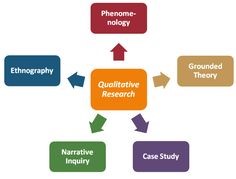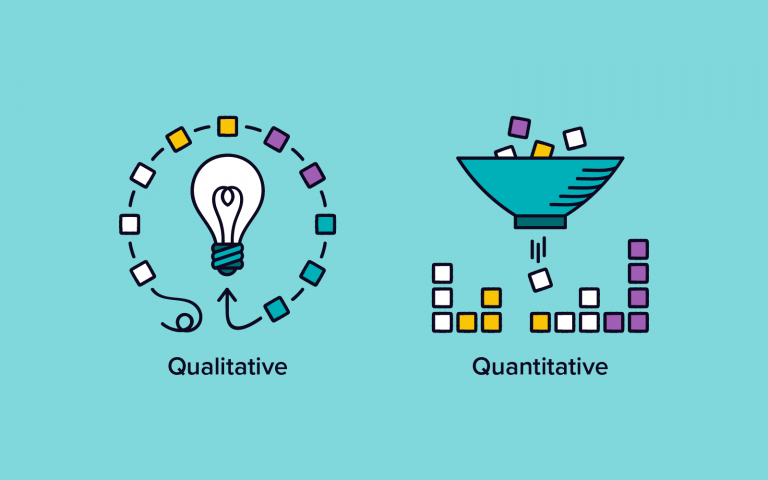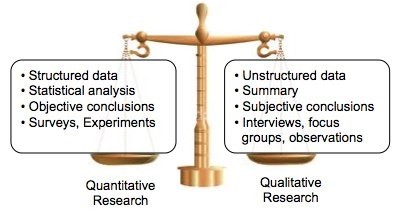External Validity-Definition, Guide, and Examples
External validity is the degree to which a study’s findings can be generalized (or applied) to other people, places, and contexts. It involves evaluating these three things: sample size, sampling method or population studied, and research setting or context. For example, let’s say you want to know how many jellybeans are in a jar but…








